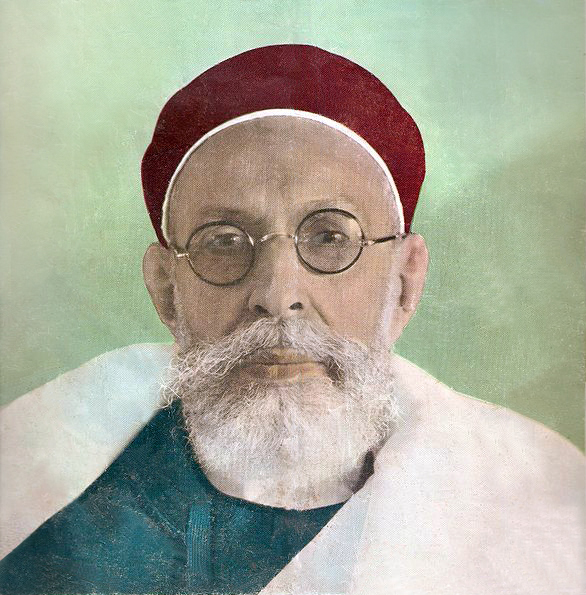By Michel Cousins.

Tripoli, 6 February 2014:
The Prime Minister has asked the General National Congress pass a law recognising the historic role King Idris played in the creation of Libya and to repeal Qaddafi’s laws against the royal family. These, said Ali Zeidan in a letter to the GNC President Nuri Abu Sahmain, included death sentences against members of the family as well the confiscation of their property and stripping them of Libyan nationality.
It was time, Zeidan said, that Libyans recognised, and let the world know, the wrongs done to the royal family by Qaddafi as well as that King Idris had been the leader of the struggle for Libyan independence. He had been eager to build a modern state, Zeidan said. He should be recognised by Libya as its founder.
The proposed law to Congress submitted by the Prime Minister contains three clauses. The first states that the role and positions of the late king, Queen Fatima, Crown Prince Hassan and his family are of historic value. The second states that “all wrongs created by the tyrant Qaddafi” against the king and the royal family be declared “null and void”; the third, that Congress ensures the above decisions are implemented.
King Idris, born in 1889 at Jaghbub in south eastern Libya, was head of the Senussi movement and family that led the opposition to the Italians during the colonial period. His abdication announcement in August 1969 in favour of his nephew, the Crown Prince, due to have come into effect on 2 September, prompted Qaddafi’s coup a day earlier. A frugal man, he died in Cairo in 1983 and was buried at Medina in Saudi Arabia. Queen Fatima died in 2009 and was likewise buried in Medina.
Qaddafi’s hatred of the Senussis was such that the Crown Prince and his family were forced to live in a Tripoli beach cabin for four years before finally being allowed to go for medical treatment in 1988 to London where he died in 1992.
Crown Prince Hassan’s heir is Prince Mohamed Al-Rida.
The properties owned by the royal family were not many, and were mainly in Tobruk, although the British Residence near the Foreign Ministry in Tripoli’s Zawiat Al-Dahmani was owned by Queen Fatima.
The King’s Palace in Tripoli along with the Crown Prince’s Palace, now the Egyptian Ambassador’s residence, and the royal farm at Swani were state property rather than privately owned.








